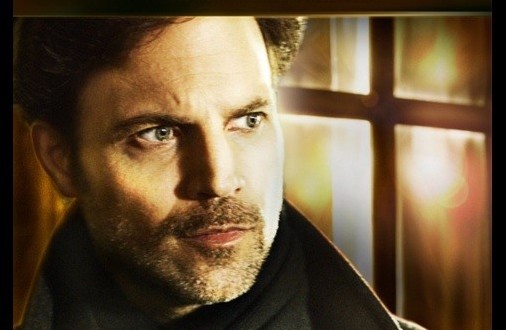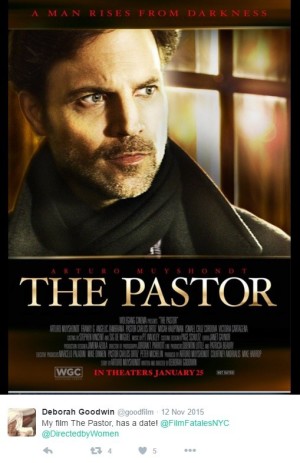Five women artists spoke about their roles in the film industry for this week’s Film Forum at Montclair State University.
The Real Women of Film panel took place on Tuesday, March 16, featuring guests writer/director Deborah Goodwin, editor Carla Gutierrez, producer/director/writer Deborah Kampmeier, documentary producer/director Chiemi Karasawa and photography director Cybel Martin.
Each of the five women spoke about their professional careers and the journeys that they had towards their careers. They also showed clips from their films and explained aspects of filmmaking from an insider’s perspective.
One of the things the women talked about were the obstacles of filmmaking. Two of the obstacles were getting their movies made and trying to find a budget to make them. Kampmeier, in particular, had trouble getting a budget for her movie, and most of the money that went into her films was raised from her own efforts.
All of the panelists had trouble finding a budget, but they ended up finding a way to invest in the movies they made.
Another obstacle was finding a good mentor. Some of the panelists had good mentors that helped them, while others did not have a mentor. However, even the ones that didn’t have a mentor encouraged everyone to follow their passions, whether mentors are involved or not.
The women also talked about seeing movies in the theater versus on the Internet. It is no secret that people stream movies on the Internet, and of course that affects film studios’ ability to make money from films and pay filmmakers. When the panelists asked the audience how many people still see movies in the theaters, less than half of the audience raised their hands.
Kampmeier expressed her feelings about seeing a movie in the theaters: “It’s lovely to see a movie in the theater,” she said. “It’s mythological and epic.”
The panelists talked about the editing and cinematography process as well. Gutierrez talked about her editing career and the movies that she has edited in the past. She said that editing is quite a lot of work, whether it’s editing a five-minute video or a video that is an hour and a half long. She also said that, even though a five-minute video is a lot less work than a video that is an hour and a half, it takes a lot of patience, and you have to love it in order to do it. She said all movies and videos should share a strong structure.
“Even though editing and cinematography [are] very important, each movie should have a strong beginning, middle and end,” Gutierrez said.
The panelists also talked about what inspired them to be filmmakers. Some of them had the passion since they were about 12. Others made the movement from producing to directing. This was the case with Karasawa, who studied filmmaking in college. When she took classes, she realized that was her passion. “With incorporating the visuals, music and storytelling, it was a great way to communicate with the audience,” said Karasawa.
The panelists talked about how women should be more vocal and present in filmmaking as well. They talked about steps that can be taken to bring women’s stories to the screen. All of the panelists shared their stories of how the path of getting into filmmaking was difficult, but they shared one thing in common. No matter what was standing in their way, they did what they needed to do.
Kampmeier said that women need to share their stories and need to put themselves out there more as well. “If 4 percent of women are telling stories, and 96 percent of men are, it is a chronic dysfunction.”
After discussing these issues, attendants saw clips of the films. Panelists finished the event by speaking about films they were going to do in the future. One of the films is set to play at Montclair State.




